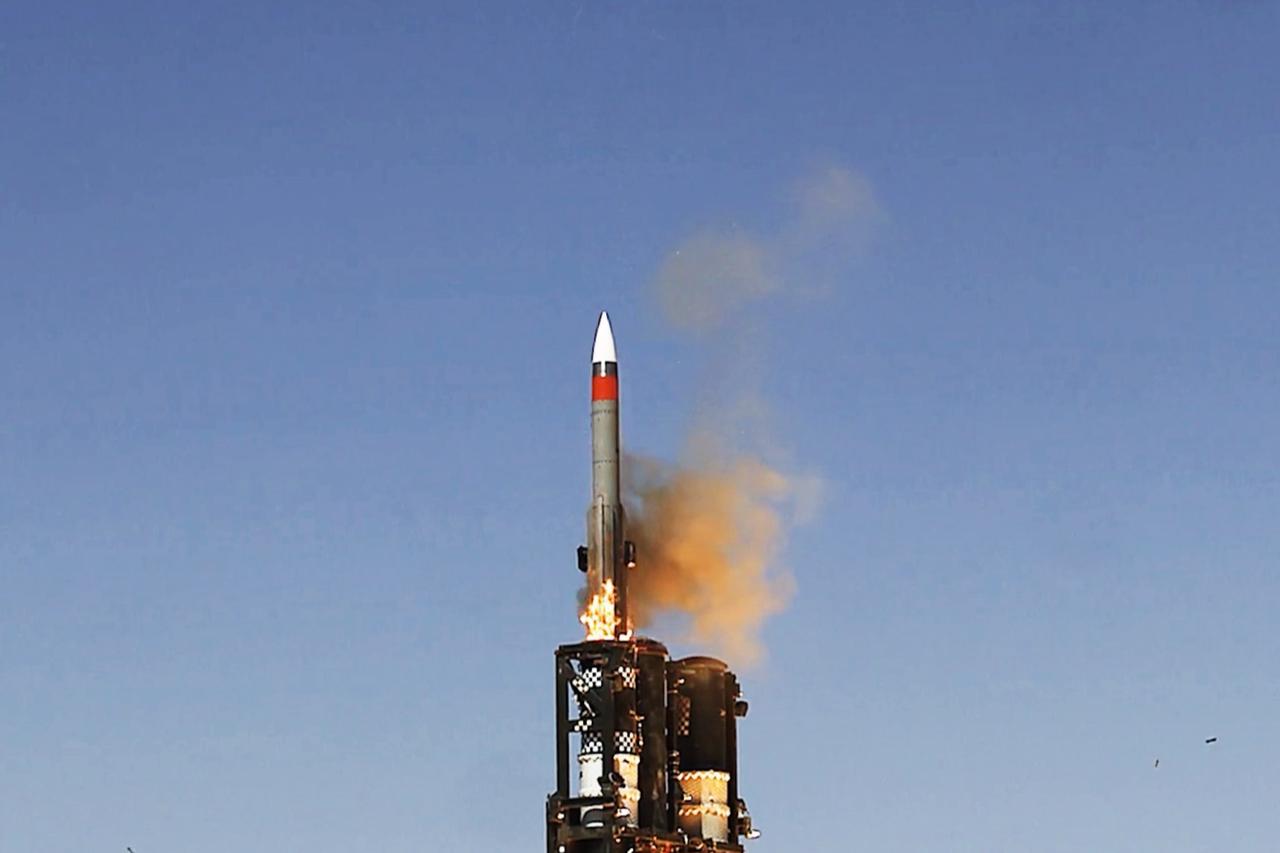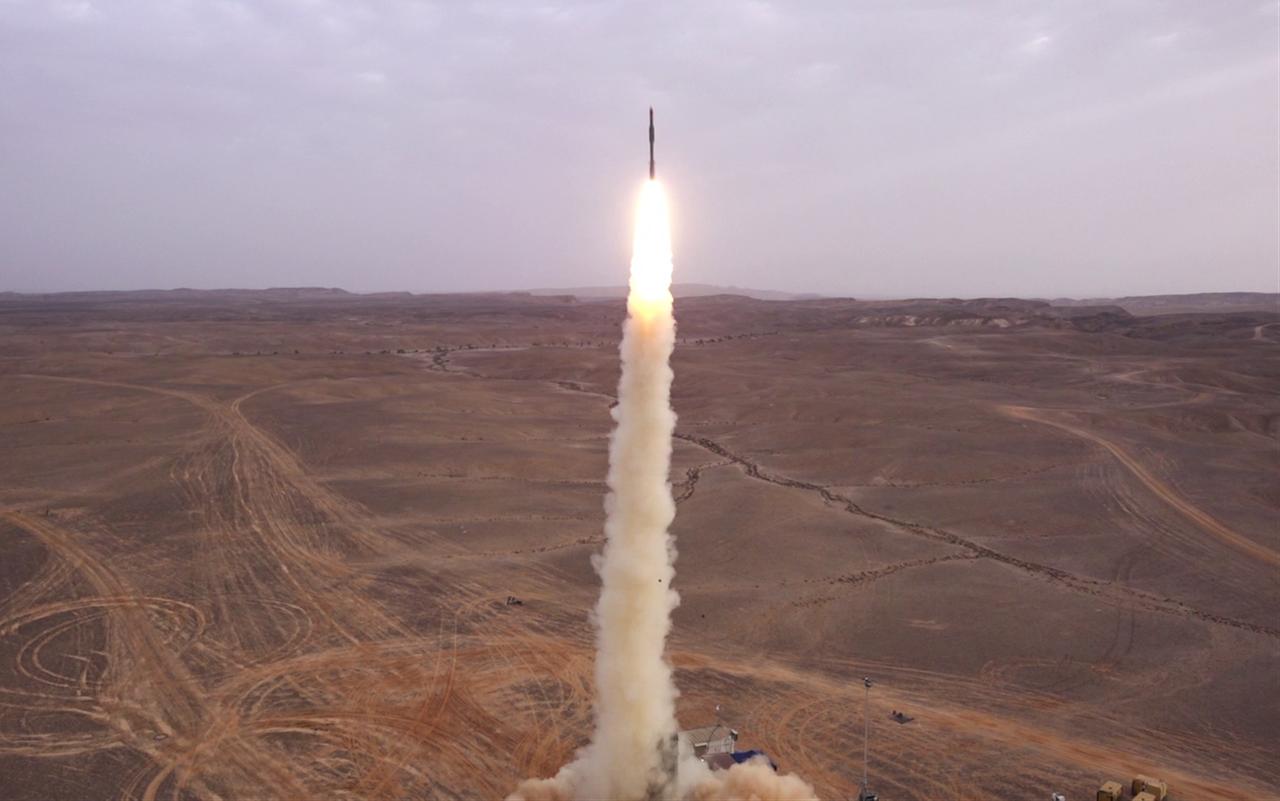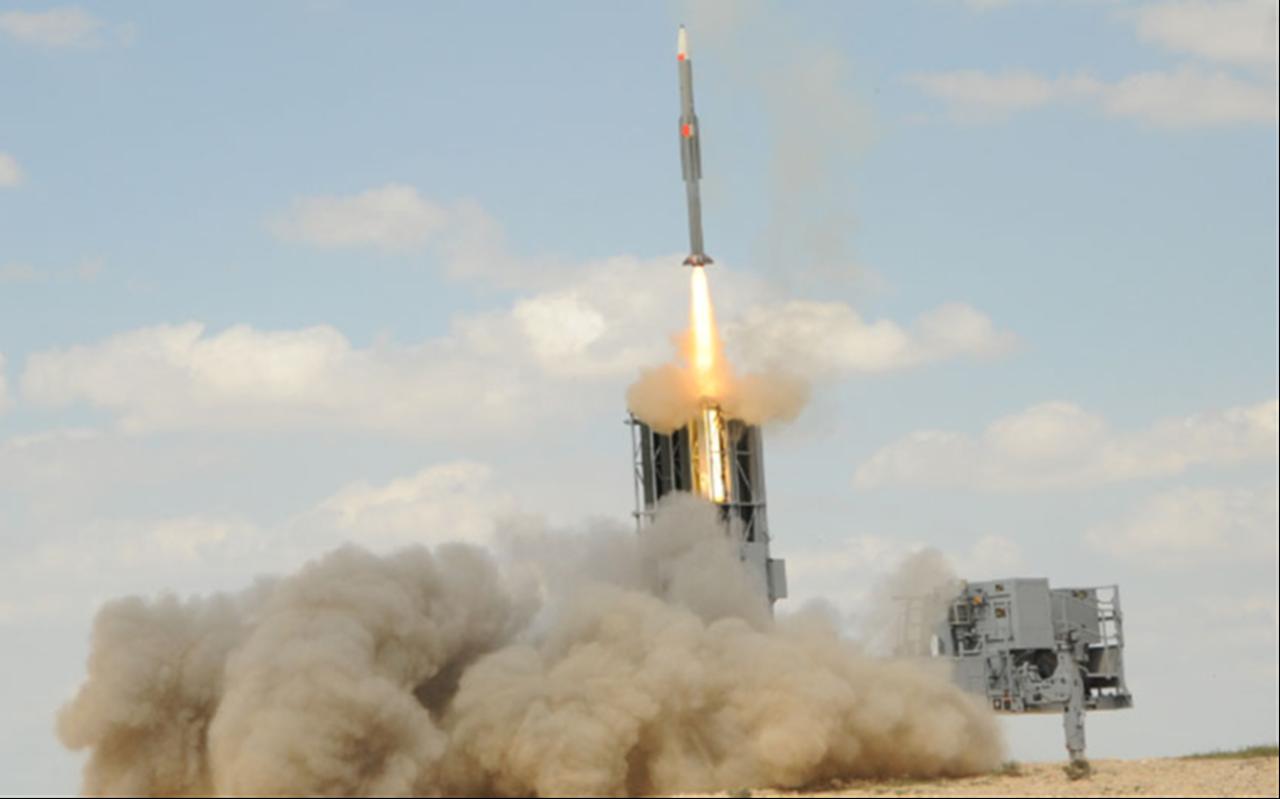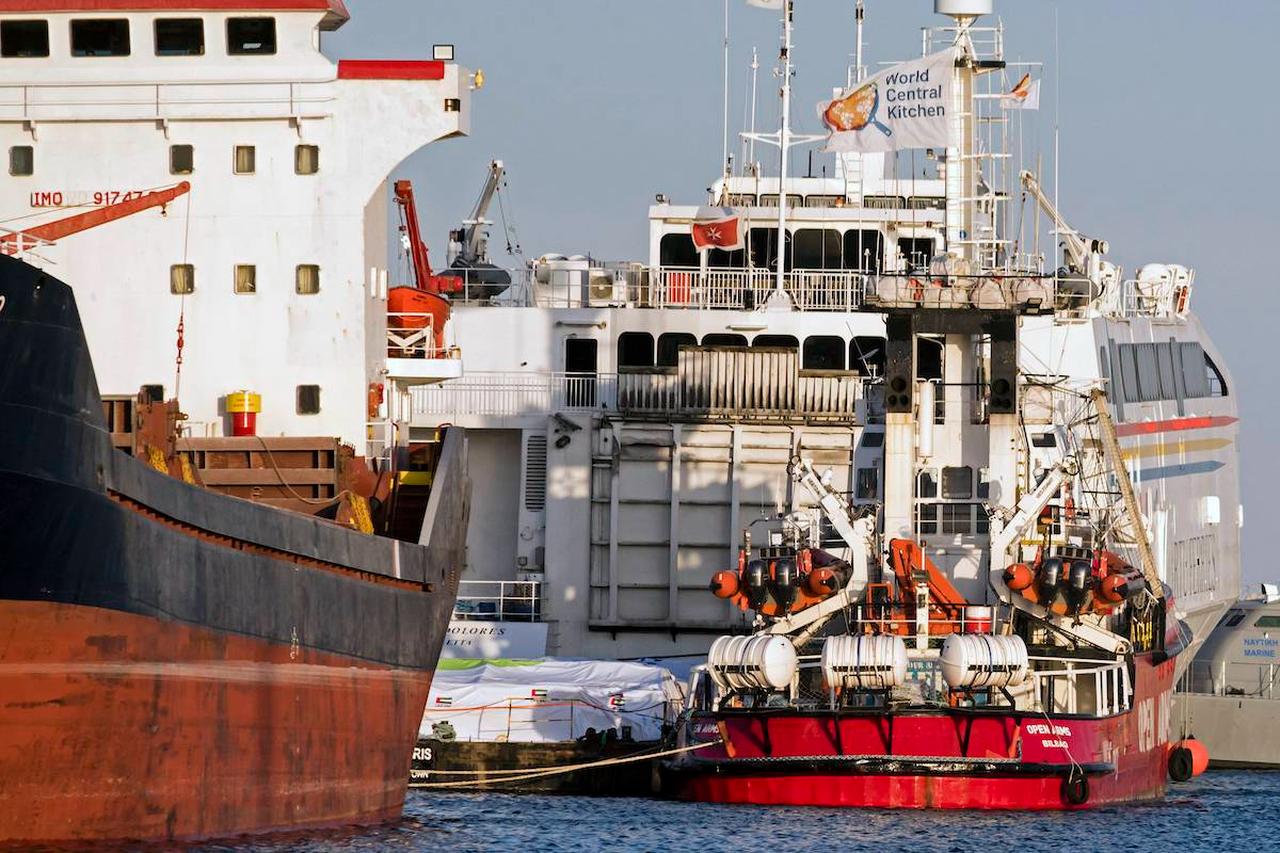
Israel has delivered Barak MX air defense systems to the Greek Cypriot Administration through Limassol port, Greek Cypriot media reported Friday, escalating military tensions on the divided island and raising concerns about regional stability in the Eastern Mediterranean.
Greek Cypriot television station Omega and the Cyprus News website reported that the Israeli-manufactured Barak MX air defense system arrived at Limassol port.
Videos circulating on social media showed long, wide military vehicles departing the port under heavy security, reportedly transporting the systems to inland locations in the Greek Cypriot-controlled areas.
Greek Cypriot officials have not issued an official statement regarding the delivery.
Turkish defense analysts note the Barak MX system is "much more dangerous than the S-300" that the GCASC ordered from Russia in 1997 but could not receive due to Türkiye's intense military-diplomatic pressure.
The system's AESA technology-equipped 3D MMR radar provides Israel with significant intelligence-gathering capabilities in the Eastern Mediterranean.
"This is a smart move for Israel, covering the Mediterranean side. They will greatly disturb our aircraft even during peacetime," Turkish defense analysts noted, writing on the social media platform X.
"Fortunately, the Besparmak Mountains provide some cover, but the system will still gather radar data and operational intelligence," another Turkish defense analyst stated.

The defense minister of the Greek Cyprus stated in December 2024 that strengthening air defenses was "mandatory due to changing geostrategic balances in the Eastern Mediterranean."
He announced plans to deploy systems at Andreas Papandreou Air Base in Paphos and Evangelos Florakis Naval Base in Mari (Tatlisu).
Greek Cypriot media reported last year that the Israeli-made Barak MX system delivery was expected by mid-2025 and would "significantly enhance" the Greek Cypriots' air defense capabilities.
The Barak MX, introduced by Israel Aerospace Industries (IAI) in 2018, is a modular air defense system capable of engaging multiple simultaneous threats, including fighter jets, helicopters, UAVs, cruise missiles, and surface-to-surface missiles.
The system features three missile variants:

Each launcher contains eight ready-to-fire missiles capable of 50g maneuvers. The containerized system can be concealed and strategically deployed via truck transport, making it difficult to detect.
Military cooperation between Greek Cyprus and Israel has intensified since Oct. 7, 2023. Reuters reported in December 2024 that Israel delivered air defense systems to the Greek Cypriot side as it "turns to new markets to upgrade defense capabilities after losing its main supplier, Russia."
A C-130J Super Hercules military transport aircraft from Israel was also observed landing at Larnaca Airport during nighttime hours, according to local reports.

The Greek Cyprus reportedly received a second batch of Barak MX systems from Israel in January. Greek Cypriot ALPHA TV reported the systems would be operated by the Greek Cypriot National Guard (GEEF), replacing existing Russian-made Tor-M1 and BUK M1-2 systems.
Forbes reported back in December 2024 that the Greek Cypriot administration purchased at least two Barak MX air defense batteries and dozens of missiles from Israel for an undisclosed amount.
The Turkish Republic of Northern Cyprus (TRNC) Foreign Ministry issued a strongly worded statement back in December 2024 after initial reports of Barak MX deliveries to Greek Cyprus, condemning the Greek administration's militarization activities.
"We have persistently stated that the support provided by the U.S. administration to the Greek Cypriot Administration under the guise of strategic partnership, and military cooperation between countries like Israel and France with the Greek Cypriot side, carries the danger of changing sensitive balances in the region," the ministry stated.
"It is clear which powers have given the Greek Cypriot side this courage," the statement added.